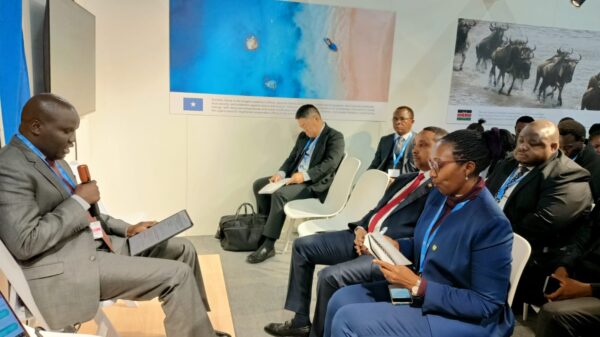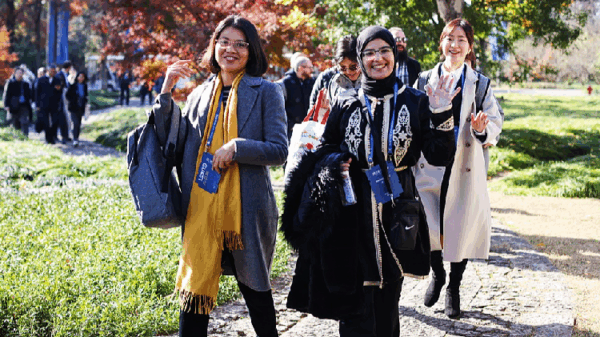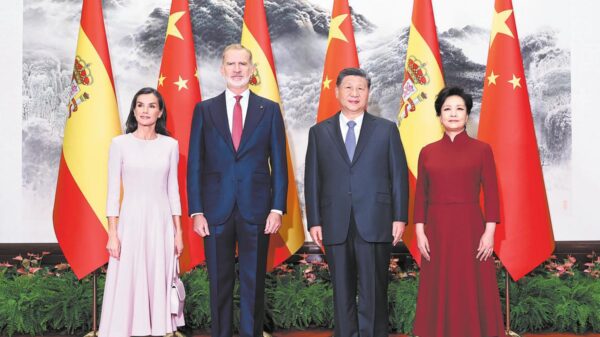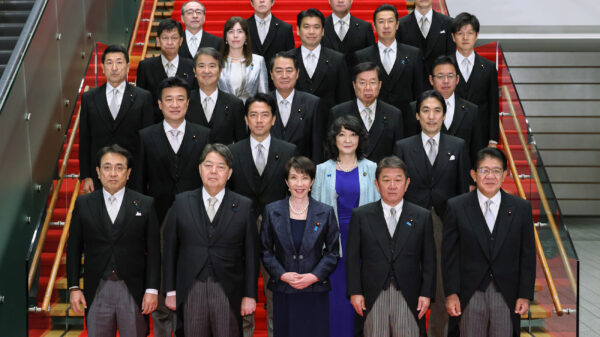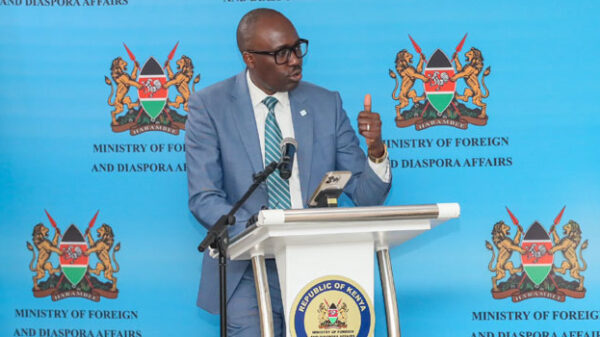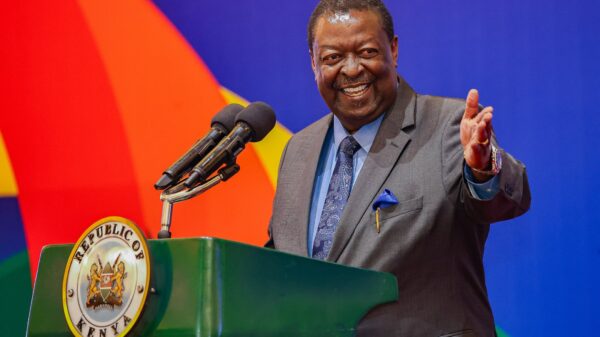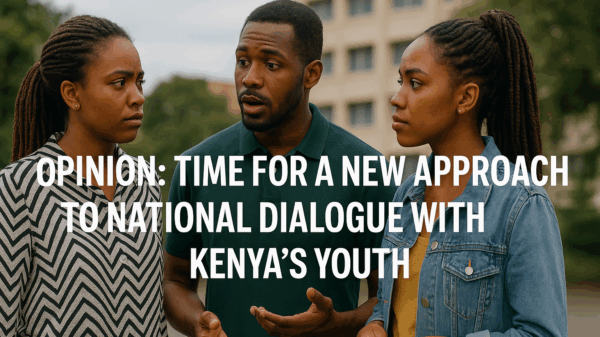They are young, fearless, and unapologetically vocal. They are Kenya’s Generation Z, the digital natives born into a world that constantly demands adaptation, creativity, and courage. They don’t just live in the moment; they define it. And today, whether through activism, innovation, or culture, Gen Z is shaping the way the world and Kenya thinks, speaks, and acts.
Connected, global and ready
To Gen Z, the internet is not a tool — it’s home. From Mombasa’s bustling streets to dorm rooms in Eldoret, they move fluidly across digital spaces, creating trends, conversations, and opportunities in real time.
“Social media is our megaphone,” says 21-year-old content creator and student Faith Wanjiru. “We don’t wait for permission to speak. If something is wrong, we tweet, post, protest, or create a video that makes people listen.”
Faith represents a generation that has learned to merge technology with purpose — using TikTok to push civic education, Instagram to build businesses, and X (formerly Twitter) to demand government accountability. For them, visibility equals power.
Protest, politics and power
Kenya’s 2024 youth-led protests over the Finance Bill demonstrated this generation’s capacity to mobilise rapidly. A movement of young people—many of them Gen Z—demanded economic fairness, accountability and action. Their pressure contributed to the government backing off the bill.
One 24-year-old student from Kisumu, Brian Okoth, recalls: “We realised that if someone our age doesn’t speak up, who will? So we posted, we marched, we shared tools. Suddenly we mattered.”
This kind of mobilisation represents more than protests: it hints at new power dynamics in Kenyan politics.
Beyond Kenya: East Africa and the wave of change
The Gen Z effect is not confined to Kenya. In neighbouring Tanzania, the recent presidential election triggered youth-led unrest when young people challenged the exclusion of opposition candidates and questioned the legitimacy of the vote. They pressed for transparency, reforms and meaningful participation.
“When you’re told you have no voice, you find one,” says 20-year-old Dar es Salaam protester Amina Kabumbu, speaking through her lawyer from a legal aid centre. “Our generation doesn’t accept being silent.” The scene in Tanzania underscores a truth: when Gen Z leads, the world watches.
A new identity, not defined by tribe
Unlike older generations whose identities were shaped by tribal or regional politics, many Gen Z Kenyans describe themselves as Kenyan first. “If you are helpful, fair, open — we’ll support you,” says 19-year-old student Sam Mugure. “It doesn’t matter where your parents came from.” This marks a fundamental shift in civic culture.
Culture, enterprise and economy
Protests and politics are only part of the story. Gen Z is also shaping Kenya’s business, culture and entertainment economies. Dancers, fashion designers, gamers, app-builders and content creators are forging new pathways. “If the office won’t give us a job, we’ll build our own business,” says 23-year-old content creator Linda Mwikali.
Their emphasis on innovation and local relevance — driven by global tools — is transforming how Kenya creates value. They are not waiting for an invitation; they are inventing one.
Why this generation “owns the world”
- Demographic weight: Gen Z constitutes a large, growing portion of Kenya’s population and workforce.
- Tech fluency: They have grown up in a connected world and know how to use tools for voice and value.
- Values-driven: They demand fairness, transparency and inclusion — and act on it.
- Cross-sector reach: Their influence extends from civic activism to business, culture and policy.
- Emerging leadership: They may still be young, but they are already shaping institutions and discourse.
As one young activist put it: “We are not waiting for tomorrow — we are acting today.”
The road ahead: From voice to authority
Having power is different from using power wisely. Gen Z may protest. But can they govern? As Kenya heads toward critical elections and structural reforms, Gen Z will face test after test. The same generation that used social media to pull government documents and mobilise a movement will now be asked to propose policy, enter formal leadership and build institutions.
In Tanzania as well, young people remain engaged — despite repression. But institutional change will require persistence, not only protest.
Generation Z in Kenya isn’t waiting on an older generation’s timeline. They’re redefining national culture and civic life right now. When they march, they’re listened to. When they build, others follow. If any generation is ready to own the world today, it is this one.












